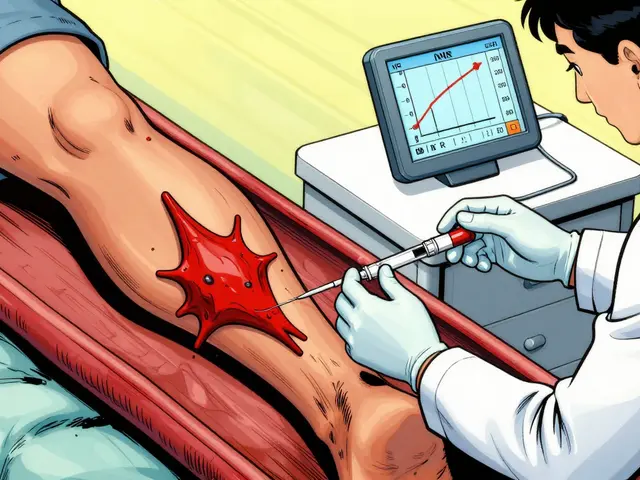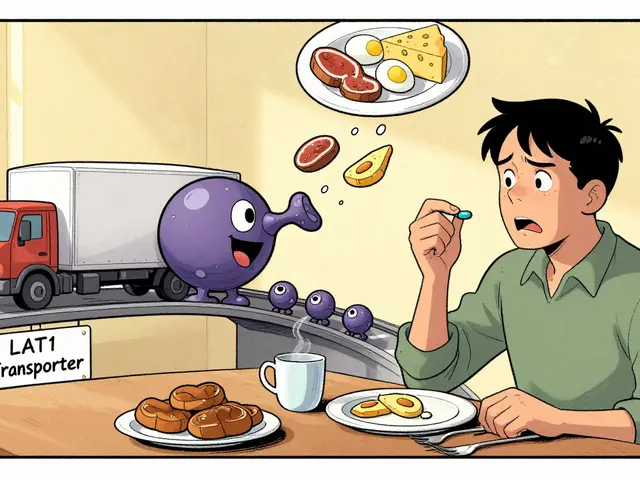Antabuse Alternatives: Safer Options When Disulfiram Isn’t Right
Antabuse (disulfiram) forces unpleasant reactions if you drink, but many people find its rules too strict or get side effects. Good news: several other medicines and approaches can help cut cravings, prevent relapse, or ease withdrawal without the same “don’t ever drink” requirement. Here’s a clear look at practical alternatives and when they might fit.
Medications that reduce cravings or drinking
Naltrexone — This is one of the most commonly used alternatives. It blocks brain receptors tied to alcohol reward, so drinking feels less rewarding and cravings drop. Naltrexone comes as a daily pill or a monthly injection (Vivitrol). It’s often a good choice for people who want fewer cravings rather than an aversive reaction to drinking.
Acamprosate — This one helps restore brain chemistry after stopping heavy drinking. It won’t make alcohol unpleasant, but it can reduce the intensity of cravings and help maintain abstinence, especially when started soon after detox.
Topiramate and gabapentin — Often used off-label, these drugs can lower drinking and ease anxiety or sleep issues that trigger relapse. They’re not first-line for everyone, but doctors sometimes prefer them if someone doesn’t tolerate naltrexone or acamprosate.
Baclofen — A muscle relaxant that some doctors use to reduce alcohol craving, especially when liver disease limits other options. Evidence varies, so it’s chosen case-by-case.
Therapies and practical choices
Medications work best with therapy. Cognitive behavioral therapy (CBT), motivational interviewing, and mutual-support groups like AA or SMART Recovery help build new habits and routines. If Antabuse felt too rigid, combining a medicines-that-reduce-craving plan with counseling often gives better long-term results.
Practical tips: talk openly with your clinician about goals (total abstinence or reduced drinking), medical history (liver disease, opioids, pregnancy), and lifestyle. If you take opioids, naltrexone can cause withdrawal — that’s a major safety issue. If liver tests are high, acamprosate might be safer than others. Always check interactions with other meds you use.
Start slow and monitor. Many doctors begin treatment in a controlled setting or with frequent check-ins, especially the first weeks. Keep a simple drinking diary and note cravings, sleep, and mood — that helps your provider tune the plan.
If cost or access is a concern, generic versions and online pharmacy options can reduce price, but only buy from licensed, reputable sources and keep your prescriber in the loop.
Want a realistic next step? Make an appointment with a provider who treats addiction, bring a list of your meds and drinking goals, and ask which option fits your health and lifestyle. Switching from Antabuse doesn’t mean giving up — it means finding a treatment that works for you and your life.






